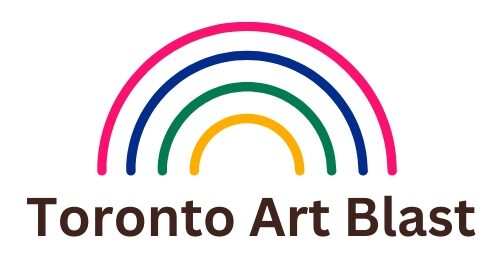The city of Toronto has emerged as a global hub for innovation and technological advancement, particularly in the fields of artificial intelligence (AI) and machine learning (ML). Over the past few decades, Toronto has established itself as a powerhouse in the tech industry, attracting top talent, groundbreaking research, and significant investments. This article delves into how Toronto has solidified its position in the realm of AI and ML, making remarkable contributions that shape the future of technology.
1. Academic Excellence and Research Initiatives
Toronto boasts some of the world’s most prestigious academic institutions, including the University of Toronto, which has played a pivotal role in advancing AI and ML research. The university’s Vector Institute for Artificial Intelligence, founded in collaboration with several corporate partners, has become a driving force in pushing the boundaries of AI research. It serves as a catalyst for innovation by fostering collaboration between academia and industry.
The presence of such institutions has attracted a plethora of top-tier researchers and experts in AI and ML. Toronto’s diverse intellectual community has led to groundbreaking discoveries in areas such as neural networks, deep learning, and natural language processing. These advancements have not only contributed to academic knowledge but have also paved the way for practical applications in various industries.
2. Startup Ecosystem and Industry Disruption
Toronto’s tech ecosystem is vibrant, with a thriving community of startups focused on AI and ML. Many of these startups have gained international recognition for their innovative solutions. One notable example is Element AI, which specializes in providing AI-powered tools for businesses to harness the potential of machine learning. The company’s success underscores Toronto’s ability to nurture startups that drive industry disruption.
The city’s diverse economy has also allowed AI and ML to permeate various sectors, including healthcare, finance, and transportation. In healthcare, AI-driven diagnostic tools have enabled quicker and more accurate disease detection. Financial institutions leverage ML algorithms for fraud detection and risk assessment. Additionally, Toronto-based companies are at the forefront of developing autonomous vehicles, reshaping the future of transportation.
3. Collaborative Ecosystem and Knowledge Sharing
Toronto’s tech community is known for its collaborative spirit. The city hosts numerous conferences, workshops, and meetups that facilitate knowledge sharing and networking. Events like the annual AI Toronto Conference attract experts and enthusiasts from around the world, providing a platform to exchange ideas and stay updated on the latest developments.
Furthermore, Toronto’s AI and ML professionals actively contribute to open-source projects, releasing tools and frameworks that benefit the global tech community. This commitment to sharing knowledge and resources has contributed to the rapid growth and widespread adoption of AI and ML technologies.
4. Government Support and Investment
The Canadian government and provincial authorities have recognized the importance of AI and ML in shaping the future economy. Initiatives such as the Canadian Institute for Advanced Research (CIFAR) provide funding and resources to support cutting-edge research. Government investments have helped attract top talent to Toronto, fostering an environment of innovation and entrepreneurship.
In addition, Toronto offers various incentives for tech companies, including tax credits and grants, encouraging the establishment and expansion of AI and ML-focused enterprises. This support has played a pivotal role in the city’s tech boom, making it an attractive destination for both startups and established tech giants.
5. Ethical Considerations and Future Challenges
As AI and ML technologies continue to advance, Toronto’s tech community remains committed to addressing ethical considerations. Discussions about bias, privacy, and accountability are central to the city’s AI discourse. Researchers, policymakers, and industry leaders collaborate to develop frameworks that ensure AI technologies are deployed responsibly and ethically.
However, challenges remain. The rapid pace of technological development requires continuous adaptation and learning. Additionally, the competition for talent and resources in the global tech landscape necessitates ongoing efforts to maintain Toronto’s position as a leader in AI and ML.
Conclusion
Toronto’s contributions to the fields of artificial intelligence and machine learning are undeniable. From pioneering research to a thriving startup ecosystem, the city has demonstrated its ability to drive innovation and shape the future of technology. With its collaborative spirit, academic excellence, and government support, Toronto is poised to continue making remarkable strides in AI and ML, leaving an indelible mark on the global tech landscape.




